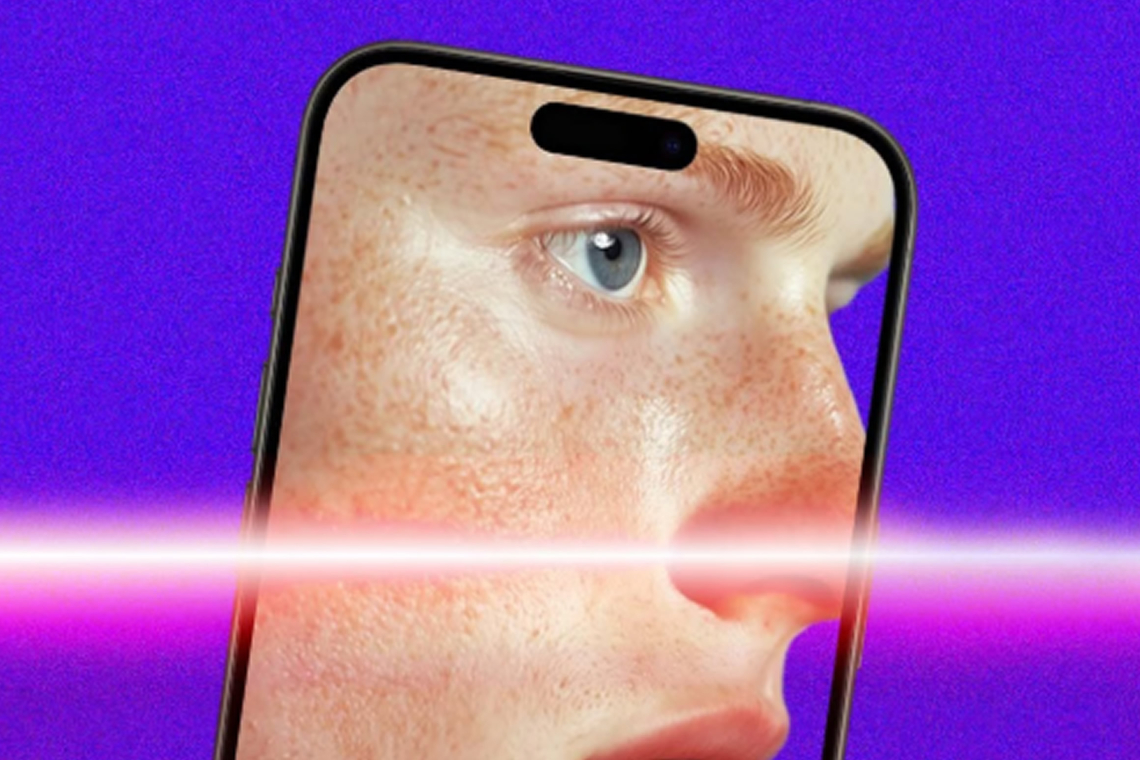AI Tool Predicts Cancer Survival Using Just a Facial Photo
Researchers at Mass General Brigham have developed an artificial intelligence tool called FaceAge that can predict cancer survival outcomes more accurately than clinicians using only a photograph of a patient’s face.
According to the study, cancer patients typically appear about five years older than their actual age, and this perceived aging is linked to poorer overall survival. FaceAge analyzes facial features to estimate a person’s biological age and uses that data to predict how long cancer patients might survive, particularly those undergoing palliative radiotherapy.
In clinical testing, FaceAge outperformed human doctors at predicting short-term life expectancy. The researchers emphasized that facial images can offer medically valuable insights. “A simple selfie can reveal meaningful clinical information,” said Dr. Hugo Aerts, co-senior author and director of the Artificial Intelligence in Medicine program at Brigham.
He explained that patients whose FaceAge appears younger than their actual age tend to respond better to cancer treatment. The findings were published in The Lancet Digital Health.
Why AI May See What Doctors Miss
Doctors often rely on visual cues to assess a patient’s health, but human judgment can be influenced by personal biases. AI, however, offers a more objective analysis. In one test, clinicians were asked to estimate patient survival based solely on facial images, and their accuracy was only slightly better than random guessing even after reviewing medical data.
By contrast, FaceAge provided significantly more reliable predictions. The system was trained using nearly 60,000 photos of healthy individuals and tested on more than 6,000 images of cancer patients from two medical institutions. Results revealed a strong link between an older appearance and reduced survival, particularly among patients who looked 85 or older.
While the technology isn’t yet ready for everyday clinical use, researchers believe it represents a breakthrough in discovering new biomarkers through facial analysis. “This could change how we approach early detection and prognosis,” said Dr. Ray Mak, co-senior author and faculty member at AIM.
He added that the technology’s potential extends beyond oncology. As many chronic illnesses are increasingly viewed as diseases of aging, accurate tools for tracking biological age could help guide care across a range of conditions.
“With the right ethical and regulatory oversight, this kind of AI could be used in many ways to save lives,” Mak said.
Found this article interesting? Follow us on X(Twitter) ,Threads and FaceBook to read more exclusive content we post.


